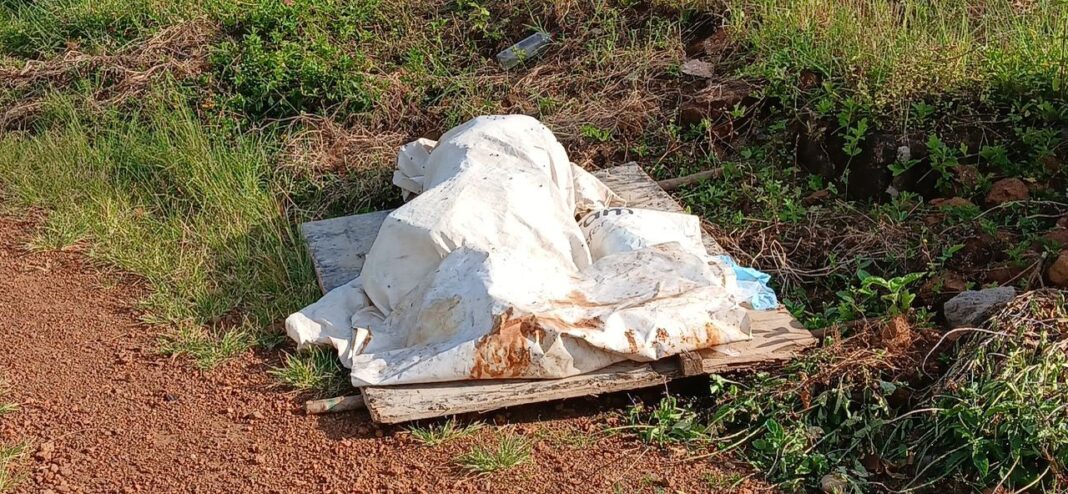Over 220 bodies collected in Freetown this year as bureaucratic dispute halts corpse collection
The Freetown City Council (FCC) has released grim new data revealing a catastrophic rise in deaths linked to the synthetic drug kush, with at least 220 bodies retrieved from the streets of the capital since the start of 2025.
According to the FCC’s latest report, the bodies were collected from locations across the city — from central Freetown to peripheral communities such as Kissy and Lumley — in what officials describe as an escalating public health and humanitarian disaster.
Between January 1 and August 13, the FCC recorded 142 bodies (136 males and 6 females). A further 32 bodies (31 males and 1 female) were retrieved between August 13 and September 11, marking a dramatic surge compared to previous years. From 2020 to 2023, the annual average of kush-related corpses collected by the council never exceeded 50.
Mayor Yvonne Aki-Sawyerr confirmed the alarming trend, noting that corpse collection had shifted from an occasional task to an almost daily operation.
“This is no longer an isolated tragedy — it’s a daily crisis,” the Mayor stated.
Of the 220 bodies collected in the first nine months of 2025, 170 were buried by the FCC, while 50 were identified and reclaimed by relatives, the report noted.
However, the city’s response to the crisis has been disrupted by a bureaucratic dispute between the FCC and the Ministry of Local Government and Community Affairs, which has questioned the council’s legal authority to continue corpse collection.
In a letter dated October 20, 2025, Mayor Aki-Sawyerr disclosed that the Ministry had challenged the FCC’s mandate, leading to the suspension of corpse collection services across the municipality.
The decision has created a dangerous vacuum, with no clear institution currently designated to handle the removal and burial of bodies — even as deaths linked to kush continue to mount.
On Wednesday, Truth Media reported that unidentified men dumped a corpse at the Wilberforce Cemetery and fled, leaving the body abandoned on the ground. Witnesses suggested the death was likely kush-related, further underscoring the growing social breakdown linked to the drug epidemic.
The Mayor concluded her statement with an urgent appeal to the central government for clarity on which institution should assume responsibility for corpse collection, warning that any delay could worsen the humanitarian impact.
Understanding the Kush Crisis
Kush is a highly addictive synthetic drug that has swept through Sierra Leone over the past five years, devastating young populations across the country. Although often sold as a variant of cannabis, kush is in fact a toxic mixture of crushed human bones, formaldehyde, fentanyl, tramadol, glue, and other industrial chemicals.
Its effects are rapid and destructive — causing severe mental illness, hallucinations, organ failure, and death. Users are often found unconscious or lifeless on streets, in cemeteries, or by the coastline.
Experts describe the kush epidemic — locally dubbed the “Kushdemic” — as Sierra Leone’s gravest public health emergency since the Ebola outbreak, with a growing number of young people trapped in addiction.
Health workers and civil society groups have repeatedly called for a coordinated national emergency response involving law enforcement, public health, and social welfare agencies.
By Joe Turay




